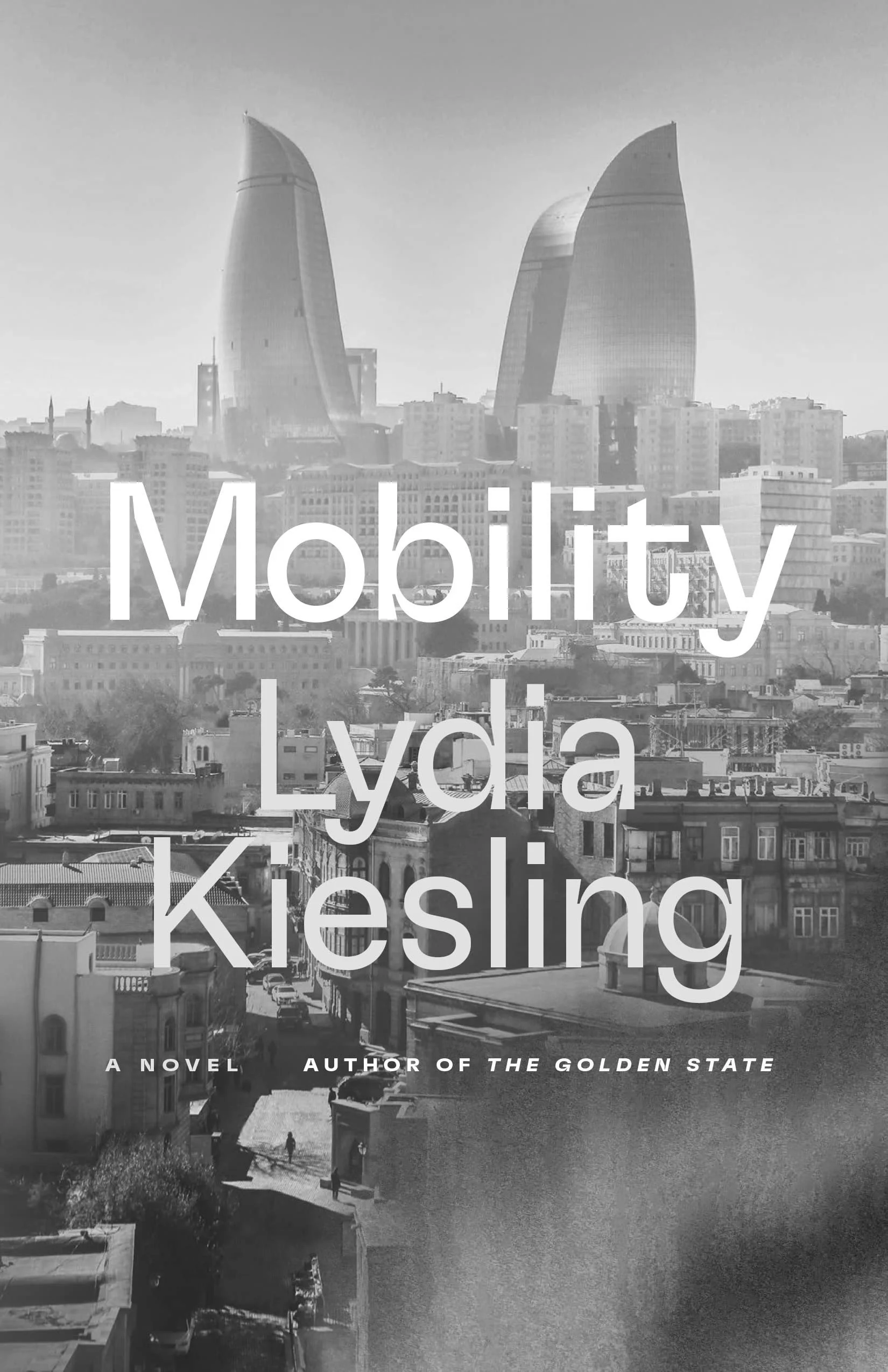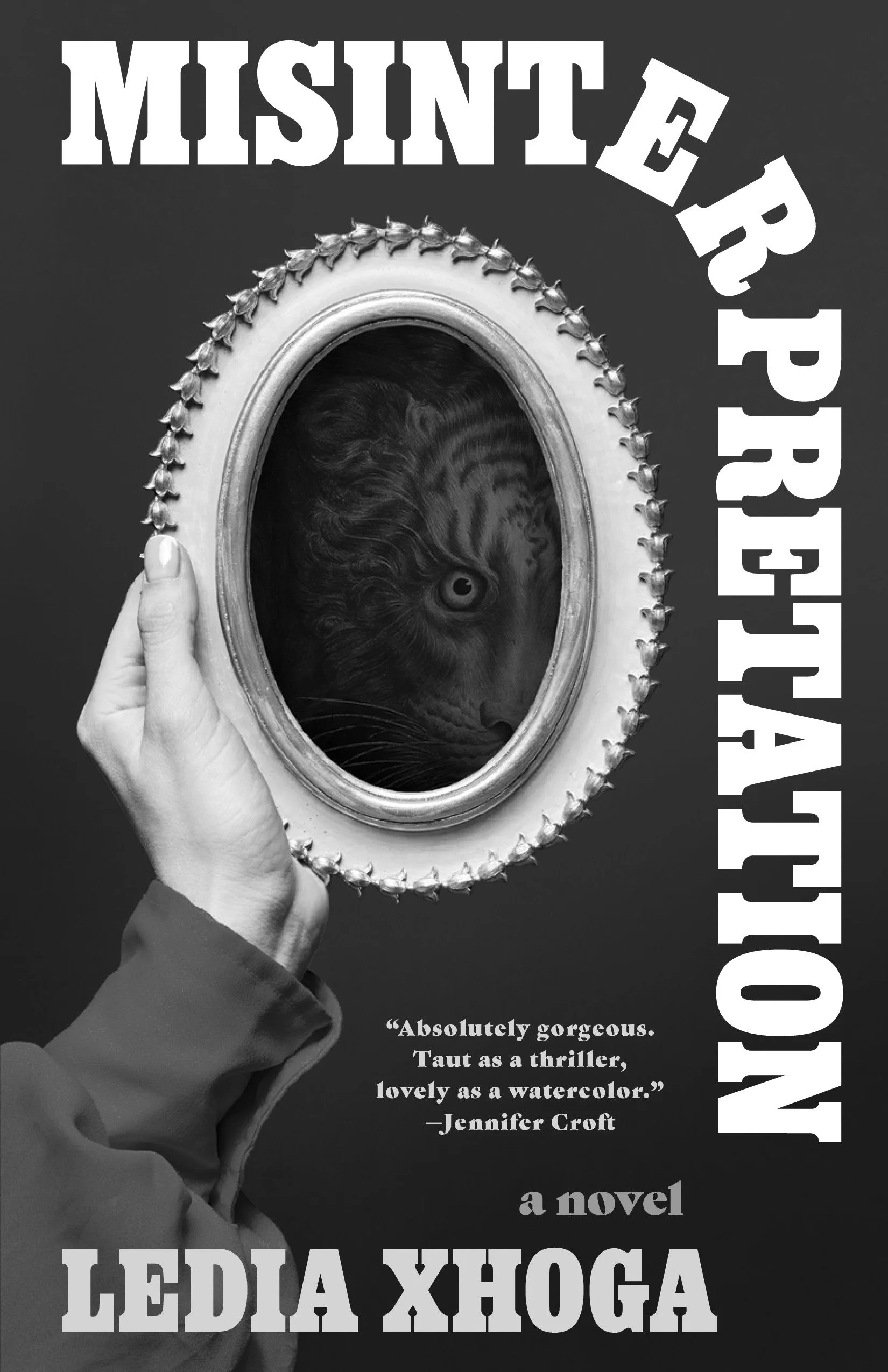LYNNE SHARON SCHWARTZ discusses her literary life at the wheel
Lynne Sharon Schwartz, whom Publishers Weekly calls an “American literary treasure,” is the author of twenty-nine books of fiction, essays, and poetry, including the celebrated novels Disturbances in the Field, Leaving Brooklyn, a finalist for the PEN/Faulkner Award, and Rough Strife, a finalist for the National Book Award. She has also published two memoirs, Ruined by Reading and Not Now, Voyager, and has translated from the Italian.
Schwartz is the recipient of fellowships from the Guggenheim Foundation, the National Endowment for the Arts (for both Fiction and Translation), and the New York State Foundation for the Arts. She has taught widely in the United States and abroad, including at the Bennington College Writing Seminars, Columbia University School of the Arts, and the Iowa Writers’ Workshop.
Schwartz’s latest publication, My Life at the Wheel, is a book of personal essays that she considers a memoir in collage form. Her thirtieth book, A Stranger Comes to Town, will be released on October 28, 2025.
Interview by Logan Royce Beitmen
Your recent collection of personal essays, My Life at the Wheel, takes its title from an essay about all the cars you’ve ever owned, whom you lovingly and hilariously anthropomorphize. Reading about them made me think of my last car, a Prius whom I called “Sharky” because he was silver, silent, and slow. Why do we attribute personalities to cars?
We attribute personalities to cars and other inanimate objects that surround us because we want to live in a world of living things that interact with us. Doing so can enliven your life, especially if you’re alone in your home. People want to feel that the things around them have a personality and that they care about them. Foolish as this may sound, this is one way of dealing with our basic isolation in the universe.
You write in your introduction that you think of your past as an assortment of segments, or a collage, as opposed to a continuous line. Are there any novelists or philosophers whose understanding of time as something nonlinear has influenced how you think about your own past?
Basically, no. The only novelist I can think of whose vision of time is of special interest to me is Proust. Everyone knows that certain objects have a way of bringing back the entire past with which they were associated, such as Proust’s famous madeleine. This really has not been my experience, but Proust’s idea of inanimate objects relates to your first question. It was by way of these objects that Proust could evoke huge segments of his past life and create a masterpiece. Of course, many other writers have played around with the concept of time in more or less serious ways, but I can’t say that they have influenced me.
In “You Gotta Have Heart,” you describe how, after surviving open-heart surgery, you were “seized by the glory, the miracle of being alive.” This feeling lasted only a couple of days, you say, before life became irritating again. Why can’t we humans spend a greater portion of our lives in the bliss and exhilaration of those epiphanic moments?
Yes, wouldn’t that be wonderful? But life is not really like that. Once these moments are over, we’re back in the daily grind, which is quite often not ecstatic. In fact, I find ordinary life to be difficult. The only thing to do is to be grateful for these brilliant moments.
You mention in “Degrees of Separation” that in the 1960s you worked for an organization, the Open Housing Center, that compelled racist landlords to comply with fair housing laws. Years later, you wrote a nonfiction book, We Are Talking about Homes (1985), which dealt with another kind of housing injustice. What are your current thoughts about housing in New York City?
I do know something about housing in New York City because I have been married for many years to a city planner. I find the current situation to be disgraceful. Many spaces are available in the city that might be used for housing, such as former office space. Also, many spacious apartments are owned by foreigners who do not reside in the city. There should be regulations allowing some of these spaces to be reserved for people who do not have homes. Many ways exist to solve the NYC homelessness crisis—but they would involve the cooperation of the real-estate industry, which, of course, operates through the profit motive.
In We Are Talking about Homes, I discuss the fire that occurred in our apartment building in 1983, a building owned by Columbia University. Luckily, no one was hurt, but everyone had to relocate, and Columbia was not helpful in aiding us in this process, or in rebuilding. In the end, we took the case to court and won. The case demonstrates that a university’s real-estate interests are not always in line with its educational aspirations.
You don’t use too many similes and metaphors, but when you do, they’re truly wonderful, as when you compare hospital tubes to Mardi Gras beads or the sun setting at the beach to “a huge cookie dipped very slowly into frosting.” How do you decide when, or how often, to use figurative language?
When to use figurative language doesn’t come to me as a decision. While writing, I might suddenly see a metaphor or an analogy. When I do, of course I use it. But it’s not something I consciously decide to do. The metaphor or analogy has to come to me like a stroke of luck.
Almost everyone is born curious, I think, but some people’s curiosity fades over time. Why do you think that is, and how have you been able to stay curious?
Hard to answer! I’ve always been curious, and I imagine that I always will be. I have the tendency to look at things and ask, Why? How did this state of affairs come about? I can’t imagine contemplating the world and not wondering why things are as they are. What else is there to think about?
You told me that you recently completed a new novel. Would you like to tell us anything about it, or what it was like to write it?
It was very difficult to write my latest novel, which is not yet published. It is called A Stranger Comes to Town (a quotation from Tolstoy). I began the novel at the beginning of the pandemic, when I decided that I needed a big project that might get me through the next several years. As it turned out, I didn’t work on the novel as much as I had hoped; I found myself often blocked. Meanwhile, I got out some of my old essays, revised them, and wrote a number of new ones to accompany them. These have just been published in the new collection of essays that was mentioned earlier, My Life at the Wheel.
Toward the end of that awful pandemic, I realized that that period would soon be over, and so I began to work feverishly again on the novel and completed it. So in essence, I got two books out of the pandemic that I did not expect. The novel is about an ordinary New York City man of about thirty-five who has an accident while running, resulting in amnesia: he wakes up not remembering who he is or where to go. So the novel is essentially about a character’s need to rediscover or invent himself out of very scant evidence. Little by little, he creates a new character, never quite knowing how the new character resembles the old. In the end, he recovers most of his memory, as amnesiacs usually do. Some of what he discovers is hardly what he would have liked.
Finally, at the end of your essay “Three Walks on Corn Hill Beach,” you indicate that you “don’t especially care” what will happen to many things after you die, even things you “care passionately about now.” What are some of those things? And are there other things whose fate beyond your own lifetime you do care about?
The main thing that I care about is that this country remains a democracy. Right now, I have my doubts and am very concerned about our future, whether I am dead or alive.
Logan Royce Beitmen is a writer and curator who lives in Brooklyn, NY.







